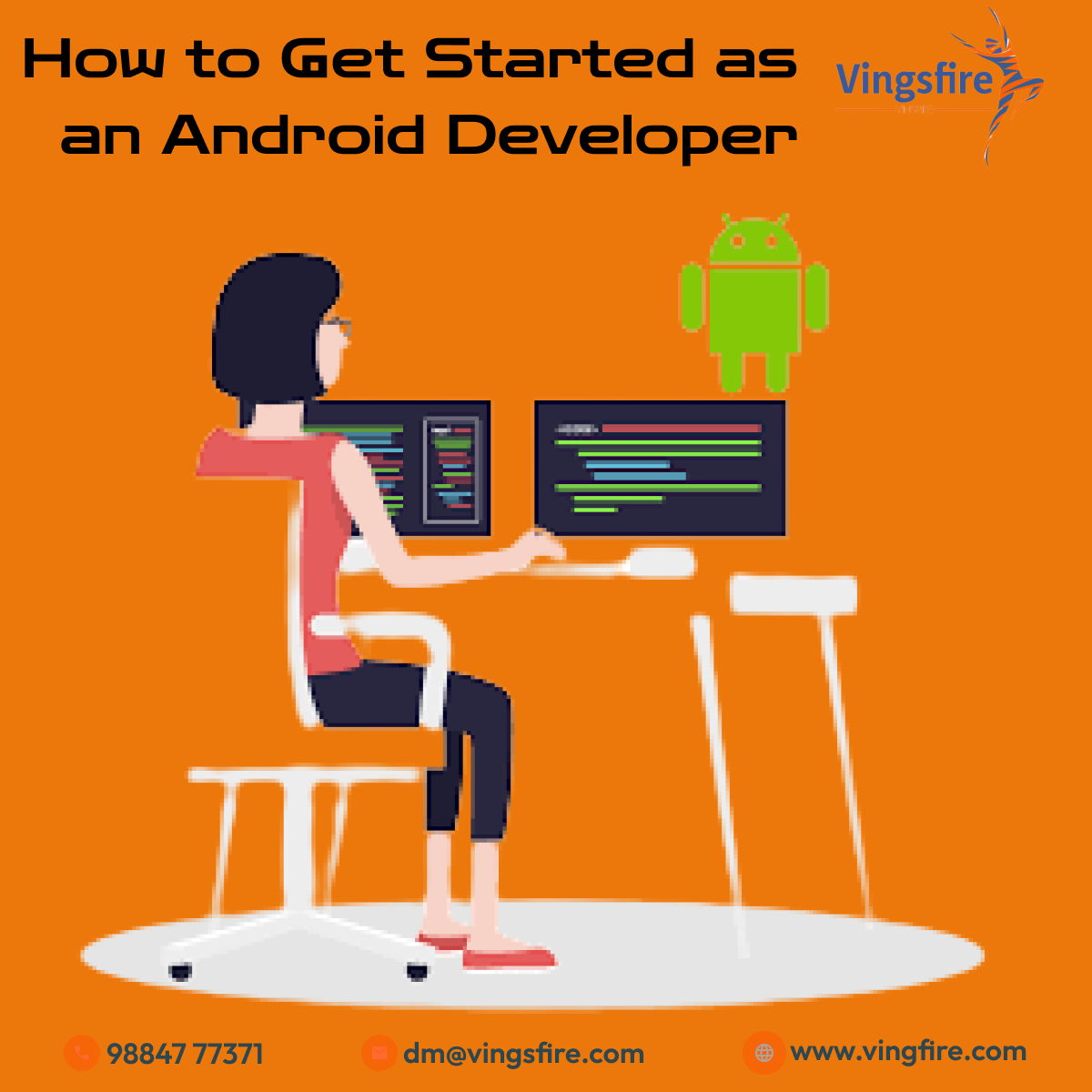
Becoming an Android developer is an exciting journey filled with opportunities to create innovative mobile applications that reach millions of users worldwide. Whether you’re a beginner looking to learn the basics of Android development or an experienced programmer interested in expanding your skill set, getting started as an Android developer is easier than you might think. In this comprehensive guide, we’ll walk you through everything you need to know to embark on your journey as an Android developer, from learning the fundamentals of Java and Kotlin to mastering essential tools and resources for building Android apps.
Understanding the Role of an Android Developer
Before diving into the technical details, it’s essential to understand what an Android developer does and the skills required for the role. Android developers are responsible for designing, developing, and maintaining mobile applications for devices running the Android operating system. They work closely with designers, product managers, and other developers to create user-friendly and feature-rich apps that meet the needs of users and businesses alike.
Learning the Fundamentals of Android Development
1. Programming Languages: Java and Kotlin
Java has long been the primary programming language for Android development, but Kotlin has gained popularity in recent years for its concise syntax and powerful features. As an aspiring Android developer, it’s essential to learn both Java and Kotlin to build robust and efficient Android apps. Start by mastering the basics of Java, including object-oriented programming concepts such as classes, objects, inheritance, and polymorphism. Then, familiarize yourself with Kotlin’s syntax and features, such as null safety, extension functions, and coroutines.
2. Android Studio: The Official IDE for Android Development
Android Studio is the official integrated development environment (IDE) for Android development, providing a powerful set of tools and features for building, testing, and debugging Android apps. Download and install Android Studio on your computer to get started with Android development. Familiarize yourself with the layout editor, code editor, and debugging tools available in Android Studio to streamline your development workflow.
3. Understanding the Android Architecture
To become a successful Android developer, it’s essential to understand the architecture of the Android operating system and how Android apps are structured. Learn about key components of the Android architecture, including activities, fragments, services, content providers, and broadcast receivers. Understand the Android application lifecycle and how to manage the lifecycle of app components effectively to ensure a smooth user experience.
Building Your First Android App
1. Choose a Project Idea
Start by choosing a project idea for your first Android app. Whether it’s a simple to-do list app, a weather forecast app, or a trivia game, pick a project that interests you and aligns with your skill level. Break down your project idea into smaller tasks and prioritize them based on complexity and importance.
2. Create a New Project in Android Studio
Once you have a project idea in mind, open Android Studio and create a new Android project. Choose a project template, configure project settings such as package name and minimum SDK version, and select a layout for your app’s user interface. Android Studio will generate the necessary files and folders for your project structure, including Java/Kotlin files, layout files, and resource files.
3. Implement App Features and Functionality
With your project set up, it’s time to start implementing features and functionality for your Android app. Use the layout editor in Android Studio to design your app’s user interface, adding widgets such as buttons, text views, and image views as needed. Write code in Java or Kotlin to handle user interactions, process data, and update the app’s UI dynamically. Test your app frequently on different devices and screen sizes to ensure compatibility and responsiveness.
Mastering Essential Tools and Resources
1. Android Developer Documentation
The Android Developer Documentation is your go-to resource for learning about Android development, including official guides, tutorials, code samples, and API references. Bookmark the Android Developer website and refer to it often as you explore different aspects of Android development and troubleshoot issues.
2. Online Courses and Tutorials
There are plenty of online courses and tutorials available to help you learn Android development at your own pace. Websites such as Udemy, Coursera, and Google Developers offer comprehensive courses on Android development, covering topics ranging from beginner to advanced levels. Enroll in courses that suit your learning style and goals, and don’t be afraid to experiment with different learning resources to find what works best for you.
3. Developer Communities and Forums
Joining developer communities and forums is a great way to connect with other Android developers, ask questions, share knowledge, and stay updated on the latest trends and developments in the Android ecosystem. Participate in online forums such as Stack Overflow, Reddit, and the Android Developers Community to engage with fellow developers and learn from their experiences.
Conclusion
Becoming an Android developer is an exciting and rewarding journey that offers endless possibilities for creativity and innovation. By mastering the fundamentals of Android development, building real-world projects, and leveraging essential tools and resources, you can embark on a successful career as an Android developer and make a meaningful impact in the world of mobile technology. So, roll up your sleeves, dive into the world of Android development, and start building amazing apps that delight users and solve real-world problems. Your journey as an Android developer starts now!


